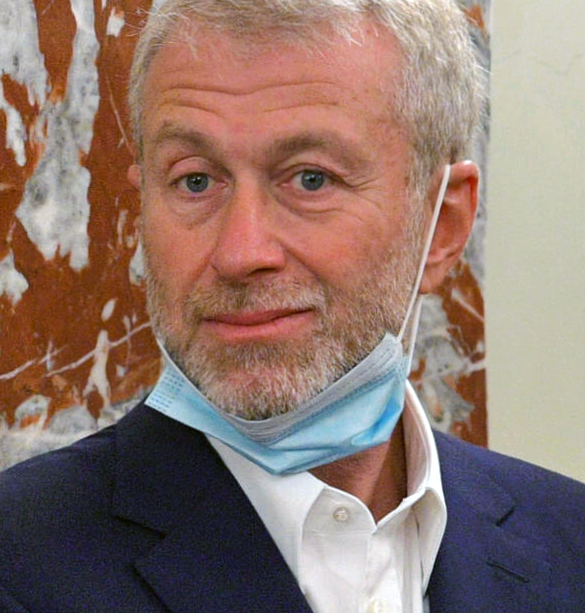The Influence of Roman Abramovich on Football and Beyond

Introduction
Roman Abramovich, a name synonymous with wealth, power, and football, has made an indelible mark on the sport and business landscape, especially in the United Kingdom. As the former owner of Chelsea FC, his influence extended beyond just club management, attracting global attention and investment into the Premier League. Amid recent geopolitical events, including the conflict in Ukraine and subsequent sanctions against Russia, understanding Abramovich’s role is more relevant than ever.
The Rise of Abramovich
Abramovich was born on October 24, 1966, in Saratov, Russia. His entrepreneurial spirit emerged early when he started a trading business after the fall of the Soviet Union. He quickly amassed a fortune through investments in oil and gas industries, notably through his stake in Sibneft, one of Russia’s largest oil companies. By the early 2000s, his wealth estimated at over $18 billion allowed him to acquire Chelsea FC in 2003, transforming the club’s fortunes.
Impact on Chelsea FC
Under Abramovich’s ownership, Chelsea underwent a significant transformation. He infused the club with substantial financial resources, enabling high-profile signings like Didier Drogba and Frank Lampard. This investment was rewarded with multiple Premier League titles, FA Cups, and the coveted UEFA Champions League trophy in 2012. Abramovich’s focus on winning, coupled with his willingness to spend to achieve success, set a new precedent within English football, prompting rival clubs to follow suit.
Sanctions and Recent Developments
However, Abramovich’s business dealings have faced challenges in recent years, especially following Russia’s invasion of Ukraine in February 2022. The UK government imposed sanctions on him, effectively freezing his assets, including the club itself. Subsequently, Chelsea was put up for sale, and in May 2022, an American consortium led by Todd Boehly purchased the club for a reported £4.25 billion. This marked the end of Abramovich’s era at Chelsea, raising questions about the club’s future direction and financial sustainability.
Philanthropic Efforts
Apart from his business ventures, Abramovich has been active in philanthropy. He has contributed to various causes, including education, healthcare, and Jewish community projects worldwide. His role as an advocate for social justice, however, remains overshadowed by the controversies surrounding his business practices and connections to the Kremlin.
Conclusion
Roman Abramovich’s legacy is complex and multifaceted, symbolising both the heights of football success and the challenges posed by global political dynamics. As Chelsea FC embarks on a new chapter under different ownership, the impact of Abramovich’s tenure continues to resonate within the football community and beyond. Readers must recognise the ongoing transformations that shape the landscape of football, business, and international relations as Abramovich’s influence fades but does not disappear entirely.







